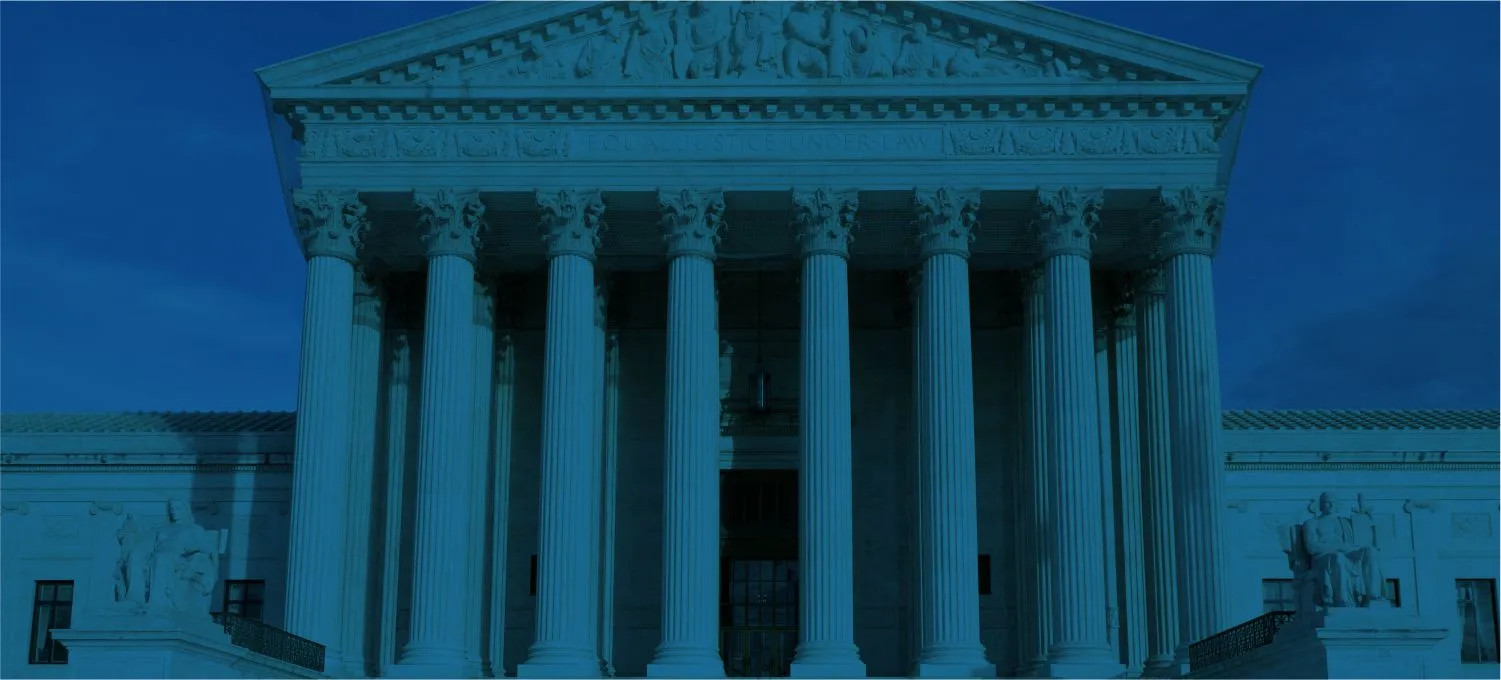In Pennsylvania, How Do DUI Checkpoints Work?
Call: (215)-799-9990
If you have not already seen DUI checkpoints on TV shows, you’ve probably seen them advertised on anti-drunk driving ads. DUI checkpoints are everywhere in the state of Pennsylvania, and if you have never encountered one, it is only a matter of time until you do.
Law enforcement who run sobriety checkpoints are required to follow a specific protocol and regulations; for example, they must make a public announcement before setting up these stops, they are required to stop each and every car, they must have supervisor approval and they must have probable cause before making an arrest for a DUI. Their checkpoints are frequently set up either late at night or in the early morning hours when the highest percentages of drunk drivers are out.
In most states, including Pennsylvania, DUI Checkpoints are set up in an attempt to catch inebriated drivers without needing a reason to make a stop – i.e. probable cause. But wait, isn’t probable cause necessary to make a traffic stop? Generally, yes, but the United States Supreme Court has ruled that the dangers of drunk driving to the public outweigh this relatively minor intrusion, creating an exception in the case of DUI Checkpoints.
Checkpoints are deployed when set up by police at a pre-determined temporary – and publicized – location. Here the police use roadblocks to slow traffic and briefly detain drivers. Those they believe to be suspicious after an interview will be asked to pull over, exit their vehicle, and submit to field sobriety testing (the answers to most questions regarding field sobriety testing can be found Here).
Since the United States Supreme Court recognizes that people have the right to be free from unreasonable search and seizure, the Court has placed strict controls over how police can operate a checkpoint. In order to set up a checkpoint, police must have a plan of action, which includes a predetermined location and the rationale behind setting up the checkpoint in that location. For example, if police set up a checkpoint, but do not have data to show that DUI’s and accidents have occurred in the area, then consequently the checkpoint may be invalid and unconstitutional.
If the police determine that the stopped individual is, in fact, intoxicated, that individual will be placed under arrest and charged with DUI, with the same consequences as a person pulled over under normal conditions.
There are many intricacies in the rules and procedures for a sobriety checkpoint. A lawyer can tell you whether you can effectively fight a DUI checkpoint. The Law Offices of Greg Prosmushkin, P.C. handles DUI matters throughout the Commonwealth, and can help you. Call today to schedule an entirely free consultation with one of our DUI Attorneys.
This content was written on behalf of Greg Prosmushkin.







